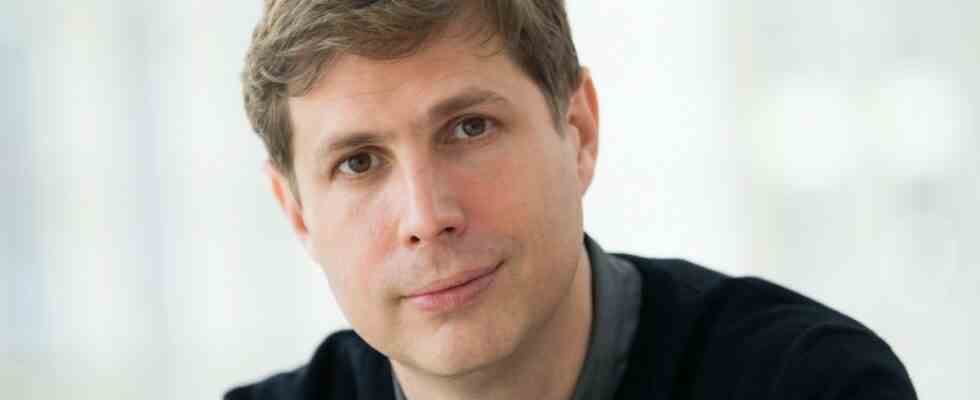Daniel Kehlmann has written a television series about the life of Franz Kafka. Nothing more is known about the project, Kehlmann himself only mentioned it in passing when he gave the Schiller speech in the Marbach Literature Archive, which is traditionally held every year on Friedrich Schiller’s birthday. He only mentioned the name of the second author: it is the Kafka biographer Reiner Stach, the ideal person for such a project.
Actually, Kehlmann’s Schiller speech was about literary writing about real historical figures and the limits of creative freedom that their former real existence inevitably entails. The process now discussed under the heading of cultural appropriation is by no means new: Macbeth was a real king, Torquato Tasso a real poet before they became characters. Nevertheless, not everyone is allowed to write about everyone without hesitation, said Daniel Kehlmann in Marbach, who was completely unsuspicious of the cultural revolutionary Wokeness.
That art is allowed to do anything is easy to say and not wrong, according to Kehlmann: “But is that also the right thing to do?” Not at all, only reality doesn’t have to do anything. In art, not only do the rules of dramaturgy prevail, with each work it also depends on who wrote it. A rhetorical question, elegantly posed openly: would the “Novel of a Fateless One” really be the same book if it was written by a 25-year-old Norwegian? According to Kehlmann, this is exactly what Jorge Luis Borges’ fable by Pierre Menard is about, who copied Cervantes’ “Don Quixote” word for word, but of course didn’t produce the same book.
Wallenstein’s last words are a reminder of a future to remember
Friedrich Schiller addressed the problem in Wallenstein’s famous last words, which gave the speech its title: “See that you don’t wake me up too early.” Wallenstein, old and tired, speaks to his servant as he lies down to sleep. According to Kehlmann, the sentence is also aimed at one of its levels of meaning at the “remembering future”. He is to be understood as a request to future poets not to turn the real warlord Wallenstein into a literary figure too soon, to let him sleep a little. It is therefore a reminder from Friedrich Schiller to himself, who wrote his play 160 years after Wallenstein’s death and was therefore chronologically closer to him than we are to Schiller today.
Daniel Kehlmann gave this speech about a problem that has not only affected him philologically since 2005 at the latest, but also directly as an artist. His world bestseller “Measuring the World” was published that year, and in Marbach he called its readership “almost nonsensical”. He originally wanted to write a South American novel, but although you can do anything in art, writing about something that has no relation to you usually makes you look ridiculous. In this sense, the Prussian scientist Wilhelm von Humboldt was the vehicle that allowed him to write his South American novel.
So where is the line between a cultural taboo and an artistic choice of conscience? In Marbach, Kehlmann gave the example of the European witch burnings. In “Tyll” the figure of a witch stood in the room. Nobody would have complained that no storm of protest was to be expected in this matter. The figure alone faced the tens of thousands who were innocently tortured to death in the witch craze. Kehlmann left out the scene because he felt the comforting horror of witches and witchcraft “as an abuse of injustice”. The author did not shy away from new cultures of prohibition, but because of his bias in the matter itself.

